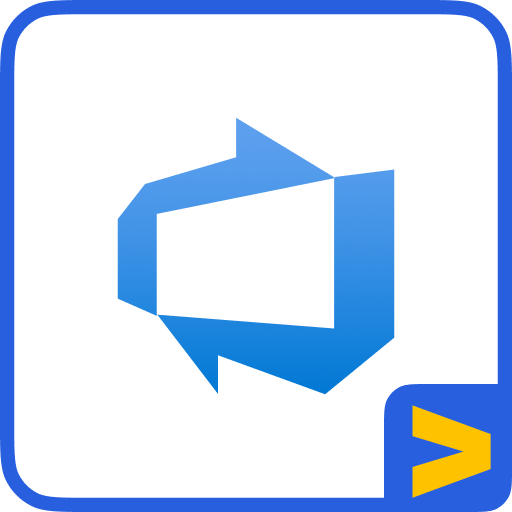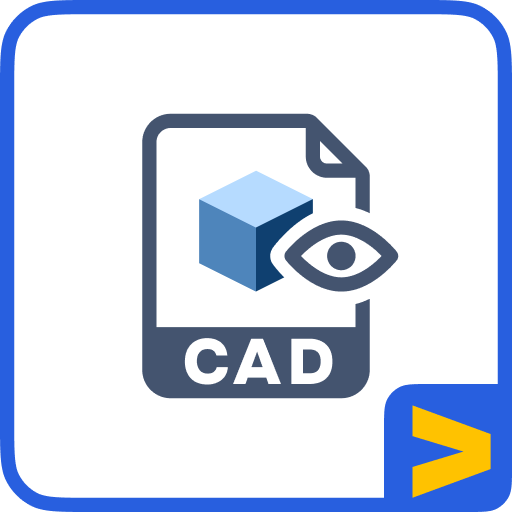
Integrating GitHub with Confluence enhances collaboration and documentation processes. However, as the amount of data increases, performance bottlenecks may occur in Confluence. In this guide, we'll explore strategies to overcome performance challenges and ensure optimal efficiency when using GitHub integration within Confluence.
Limit the Display of Large Code Snippets: Large code snippets can impact Confluence's performance. Consider displaying only relevant portions of code within Confluence pages instead of including entire files or extensive code blocks. Use collapsible sections or expand macros to allow users to view code sections on demand, minimizing the initial page load time. This approach ensures that Confluence remains responsive and maintains good performance even with substantial code snippets.
Optimize Page Load Times: Optimizing page load times is essential to improve overall performance in Confluence. Minimize the use of heavy macros or plugins that might slow down the loading of GitHub-integrated pages. Compress and optimize images, remove unnecessary content, and leverage Confluence caching mechanisms to reduce the time it takes for pages to load. Enhancing page load times will result in a more efficient and responsive experience for users.
Utilize Smart Mirroring: Smart Mirroring is a feature in Confluence Data Center that allows you to replicate content locally, reducing the load on the central server. Consider implementing Smart Mirroring for GitHub-integrated Confluence instances to distribute the workload and improve performance. By reducing network latency and improving response times, Smart Mirroring can help overcome performance bottlenecks, especially in scenarios where there is a large number of users or extensive GitHub integration usage.
Regularly Monitor and Optimize Server Resources: Monitoring and optimizing server resources are crucial for maintaining optimal performance. Regularly review server logs, analyze resource usage, and scale hardware or allocate additional resources as needed. Optimize the Confluence database, tune the server configuration, and consider utilizing caching mechanisms to improve performance. Proactive resource monitoring and optimization ensure that Confluence can handle the load efficiently and deliver a smooth user experience.
Overcoming performance bottlenecks in Confluence with GitHub integration involves limiting large code snippets, optimizing page load times, utilizing Smart Mirroring, and monitoring server resources. By implementing these strategies, you can ensure that Confluence performs optimally, even when working with extensive GitHub integration, facilitating efficient collaboration and documentation.









































































